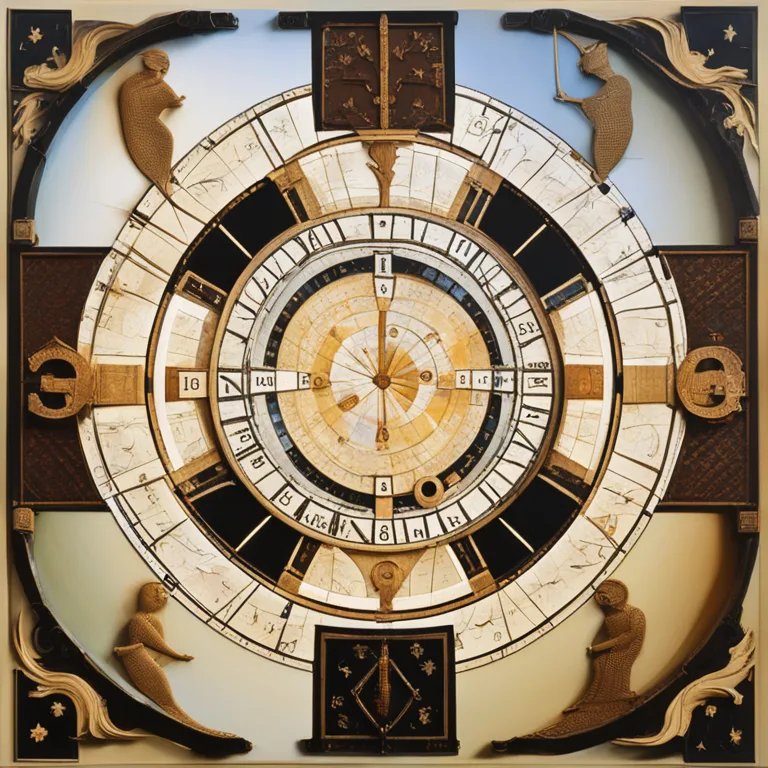
The Myth of Numerology: A Critical View
An evidence-based exploration into the claims of numerology revealing the lack of scientific support for its principles and practices.
article by Sofia Ferguson
Numbers Without Science
Numerology, the belief that numbers have divine or mystical significance, has been a popular practice for centuries. Despite its long history, there is a significant lack of empirical evidence to support numerological claims. Proponents argue that numbers can influence events or predict personality traits, yet there is no scientifically accepted mechanism by which this influence could occur. This practice often relies on anecdotal success stories or confirmation bias, where believers count the hits and ignore the misses, leading to misconceived legitimacy.

The Forer Effect in Action
One of the many reasons numerology persists is due to a psychological phenomenon known as the Forer effect. This effect describes the tendency of people to find vague, general statements as highly accurate for them personally. Numerology readings often contain such generalized prognostications, leading individuals to perceive them as uniquely applicable. When readings are tailored to be broad enough, they can seem personally relevant to a large number of people while being specifically accurate to none.

Mathematics vs. Mysticism
Mathematics is a fundamental part of the world, helping to explain and predict natural phenomena through precise calculation and logical deduction. Numerology, however, applies numbers in a mystical context, devoid of rigorous methodology. It appropriates mathematical concepts, such as patterns and sequences, without adhering to the discipline's rigorous proof-based framework. This conflation of mathematics with mysticism results in a pseudoscientific practice rather than an evidence-based analytical tool.

Cultural and Cognitive Biases
Cognitive biases play a significant role in the belief in numerology. Humans are pattern-seeking creatures, and the apophenia phenomenon—finding connections or patterns between unrelated things—is at the heart of numerological beliefs. Moreover, cultural biases ensure its longevity; specific numbers hold different significances across cultures, illustrating that numerological interpretations are largely subjective and not universal truths.

Lack of Reproducibility
In science, for a theory to be considered valid, it must yield consistent and reproducible results. Numerology fails to meet this criterion as different numerologists often come to conflicting conclusions using the same numerical data. This inconsistency betrays numerology's lack of a definable, objective base. Without reproducibility, the numerological analysis remains a personal belief rather than a reliable system of knowledge.
The Cherry-Picking Problem
Numerology practices often involve selectively choosing numbers that fit a predetermined narrative while ignoring those that do not. This cherry-picking approach to data is a hallmark of pseudoscience. Numerologists may credit accurate predictions to the efficacy of their methods and dismiss any inaccuracies as anomalies, rather than acknowledging the inherent randomness of their 'insights'. Such selective reasoning further undermines the credibility of numerological practices.
Contradicting Scientific Understanding
Numerology often contradicts established scientific findings, particularly in psychology and neurology. It posits that numbers derived from birth dates or names can determine personality traits and life paths—a claim at odds with genetic and environmental factors known to shape individuals. The persistence of numerology in the face of modern scientific knowledge demonstrates its reliance on belief rather than fact, and positions it outside of the realm of credible and consensual knowledge.
Published: 12/21/2023
Modified: 12/21/2023
More predictions
Come back here soon to learn more about yourself and your future


Astrological Guide To Friendship
Discover which zodiac signs make the best friends according to astrology, and find your most compatible astrological buddies.


Zodiac Friendship Compatibility Chart
Discover how your star sign aligns with others for platonic harmony using our Zodiac Friendship Compatibility Chart.


Taurus Zodiac Compatibility Guide
Discover the romantic potential between Taurus and other zodiac signs in this comprehensive compatibility guide.